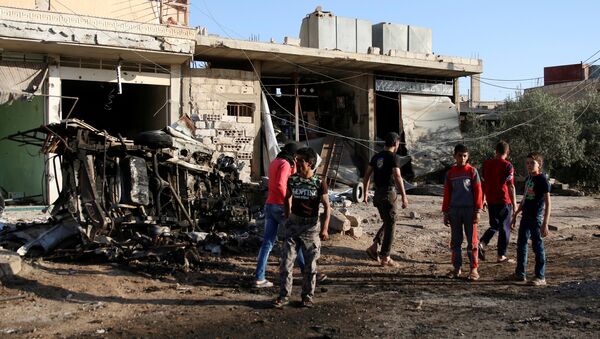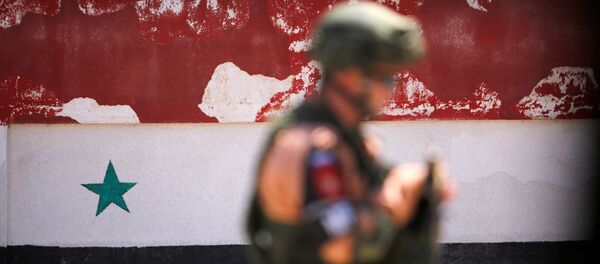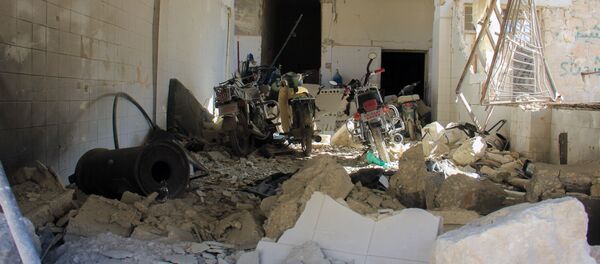"Within last 24 hours, the Russian party of the Russia-Turkey Commission on violations of the Joint Agreement has registered 8 cases of firing in the provinces of Damascus (5), and Latakia (3). The Turkish party has registered 7 cases of ceasefire violations in the provinces of Daraa (3), Damascus (3), and Latakia (1)," the ministry’s Center for Syrian reconciliation said in its daily bulletin.
The majority of indiscriminate firing from small arms was carried out in the areas controlled by the Islamic State (ISIL or Daesh) and Jabhat al-Nusra terrorist organizations, both outlawed in Russia.
"Control groups continue monitoring the ceasefire observation within the implementation of the Memorandum on creation of the de-escalation zones in the Syrian Arab Republic, which had been signed by Russia, Turkey, and Iran on May 4, 2017," the ministry said, adding that the situation in the de-escalation zones is considered stable.
"Negotiations on joining the ceasefire regime have been continued with field commanders of detachments of armed opposition in the Aleppo, Damascus, Homs, Hama, and al-Quneitra provinces. The number of armed formations, which had claimed to observe the ceasefire regime, is 219," the bulletin added.
Over the past 24 hours, 3 humanitarian actions were held by the Center for reconciliation in Aleppo, a total of 3.6 tons of drinking water were delivered to 1,130 civilians of the city, and medical assistance was provided to 225 people.
"The United Nations held 1 humanitarian action: Aircraft of the Abakan Air aviation company delivered 21 tons of humanitarian aid (food products) to the Deir ez-Zor area using parachute platforms. The International Committee of the Red Cross (ICRC) and the Syrian Arab Red Crescent (SARC) held 1 humanitarian convoy from the city of Aleppo to the village of Afrin, Aleppo province," the bulletin says.
The fourth round of Astana talks on the Syrian settlement, held in the Kazakh capital earlier in May, resulted in an agreement to create four safety- or de-escalation — zones in Syria. The monitoring and management of the safe zones is carried out by military personnel from the ceasefire guarantor states — Russia, Turkey and Iran.






